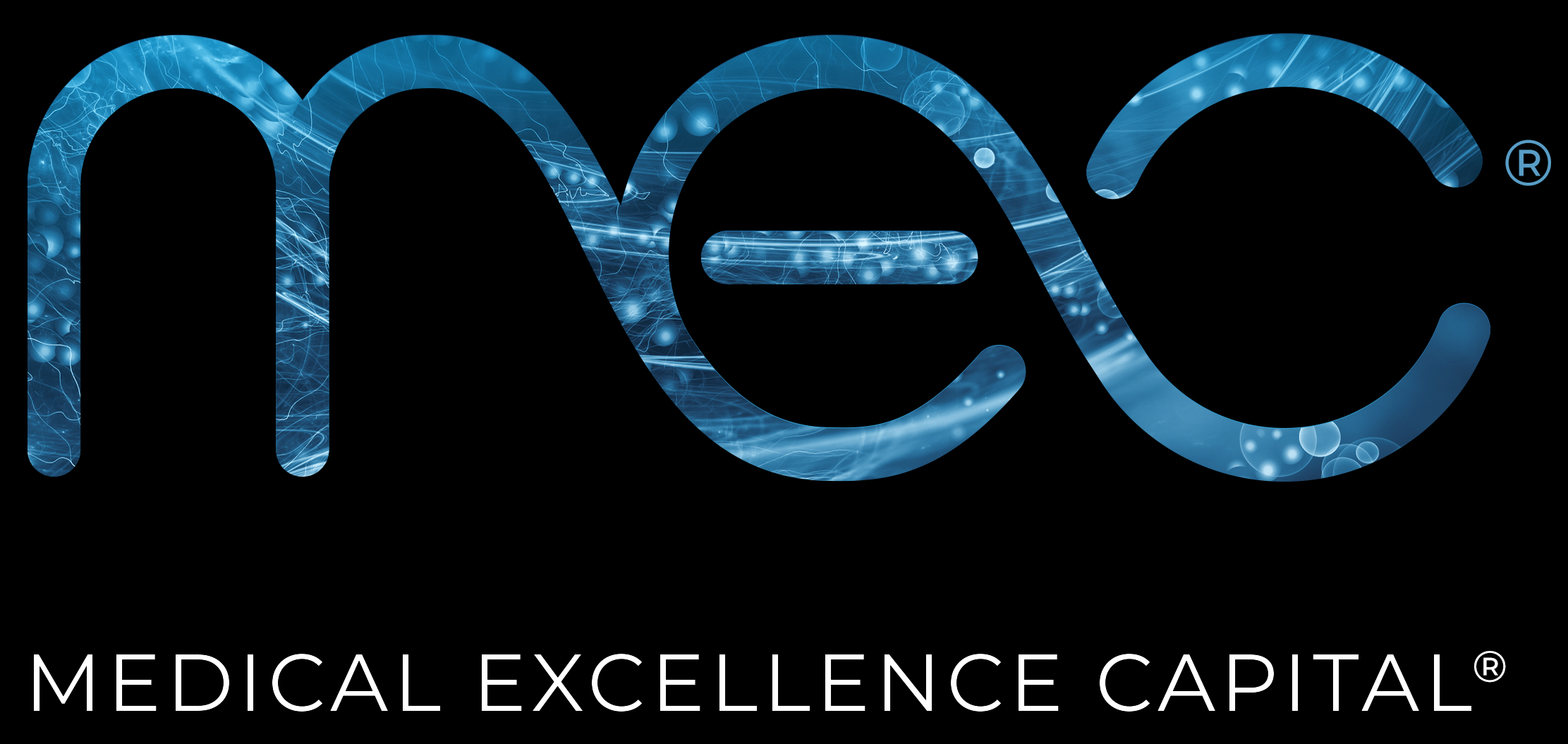Artificial Intelligence and Drug Discovery: Cutting Edge AI to Address Pediatric Diseases
As information becomes increasingly digitized and analytical tools become more sophisticated, the use case for artificial intelligence (AI) has grown exponentially across all industries. This trend has extended into the healthcare space where there has been a concerted effort to access data for purposes such as diagnosis and treatment of disease, optimization of care pathways, and drug discovery and development. Recent advances in “-omics” technologies (e.g., technologies in genomics, transcriptomics, epigenomics, proteomics, metabolomics,) has provided a tsunami of data that when combined with the advanced data-mining tools has the potential to unlock the future of drug discovery and development and enable precision health across all disease areas.
What is Artificial intelligence and How Does it Apply to Healthcare?
Artificial intelligence is often discussed but rarely understood. In simple terms, AI ‘trains’ a program for a specific task and allows it to explore and improve on its own each time it works on this task. With each attempt, the program becomes more powerful and increasingly able to handle large and complex datasets. For instance, machine learning algorithms are trained to identify patterns and/or predict outcomes. Once trained, the AI program can be applied to the examination of massive datasets that are too large and too complex for the human brain to analyze. In this manner, huge datasets can be mined for potentially valuable patterns. For example, a dataset comprised of millions of medical records, each with one hundred different data fields, could be mined to uncover novel uses for known drugs (e.g., patients with high blood pressure that also have disease X and are on medication Y tend to improve when they are treated with drugs A and B). The hypotheses generated from the patterns identified by AI can then be explored in a focused manner, opening promising areas of research in the quest to find novel ways to diagnose and treat disease.
The above is just one example of how AI is being utilized in the healthcare space. Other areas include drug molecule design (to predict which chemical structures will best bind a given target protein structure) and drug screening (to predict which drug candidates will have the most favorable physiochemical properties, bioactivity, and toxicity). Given the abundance of large datasets related to healthcare (e.g., health insurance claims data, medical record data, hospital discharge data, clinical trial data, genetic data, etc.), the possibilities for AI applied to this industry are abundant.
Pharmaceutical Space Interest
As artificial intelligence has continued to gain traction, large pharmaceutical companies are partnering with these platforms to improve efficiency and generate insights from the vast quantities of data they possess. For example, in September 2019 Novartis and Microsoft entered a multi-year AI-focused partnership to leverage data and artificial intelligence to transform how medicines are discovered, developed, and commercialized.1 In January 2020 Bayer partnered with Exscientia to work on early research projects using an AI drug discovery platform applied to Bayer’s large amount of data.2 Recently, Illumina, which offers AI-based offerings through its TruSight Suite, acquired Grail, a healthcare company focused on early detection of multiple cancers that relied on sophisticated analysis of large datasets, for $7 billion+.3 We believe collaborations with pharmaceutical companies and AI companies will allow for faster, more efficient drug discovery and development given the vast data that corporations have.
Nobias: An Opportunity to Drive Progress in Pediatric Rare Diseases
In 2019, Brian Halak, now a MEC Managing Partner, embarked on a systemic search for the best opportunity to utilize AI for drug discovery and development across numerous academic medical centers in the US. In 2020, Brian established a trusted relationship with Hakon Hakonarson, MD, PhD, Director of the Center for Applied Genomics at Children’s Hospital of Philadelphia (CHOP). Dr. Hakonarson has created the world’s largest data repository in pediatrics, which includes electronic health record data married to corresponding genetic profile data Dr. Hakonarson has already applied conventional analytic tools to this dataset to uncover novel insights, several of which have led to the identification of novel uses for existing drugs. In one example this led to life-saving intervention for a subset of patients afflicted with lymphatic anomalies (I.e., poorly formed lymphatic systems) and the first evidence for complete remodeling of the entire lymphatic system by a drug.
Nobias plans to combine CHOP’s unique dataset with the development of innovative AI-driven analytical tools. To accomplish this, with MEC’s assistance, a team of world-class AI-experts has been recruited. The emphasis in this recruitment process has been on AI-expertise, which is found across industries and in fact is more advanced in industries other than healthcare. Team members have joined from sectors as diverse as the self-driving car industry to the financial services industry. When combined with the biologic expertise resident at CHOP and in the drug development function within the Company, we believe that Nobias will have the industry leading AI approach to drug discovery and development.
Recently, MEC participated in a Series A investment in Nobias Therapeutics. We believe Nobias will emerge as a world leader in combining a unique suite of AI and traditional pharma tools to deliver life-changing therapeutics for patients. Nobias will accomplish this by building the most effective and time-efficient AI-based drug discovery and development company, designed to engineer faster and cheaper approaches that markedly compresses the journey from target identification to successful trials, initially targeting pediatric conditions. The Nobias platform will leverage advanced machine learning techniques, proprietary data banks, institutional relationships, streamlined lab systems, and robotic automation to deliver on these goals.
———————————————
1Microsoft-Novartis Press Release
2Bayer-Exscientia Press Release
3Illumina-Grail Press Release
The contents herein contain a description of an investment made by MEC. References to any investment included herein should not be construed as a recommendation of any particular investment or security. It should not be assumed that investments made in the future will be comparable in quality or performance to the investment described herein.
